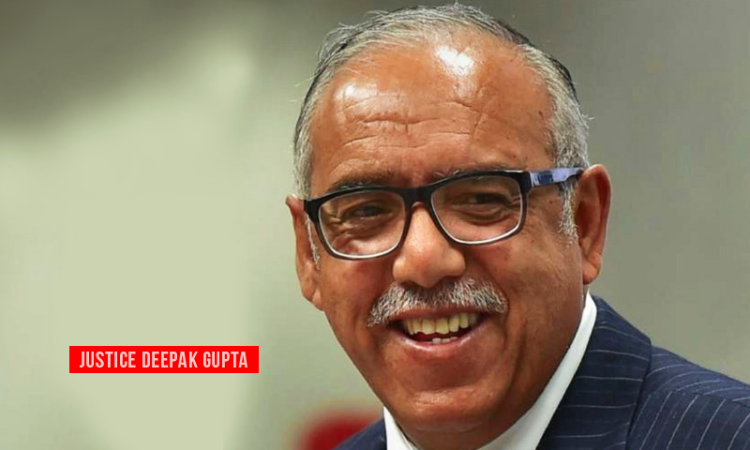Former Supreme Court judge Justice Deepak Gupta delivered a lecture on the topic "Development of Fundamental Rights Jurisprudence in Last 10 years" as part of LiveLaw's 10th anniversary lecture series. After referring to several judgments which made a significant development in the field of fundamental rights, Justice Deepak Gupta said that there are some judgments which strike at liberty...

